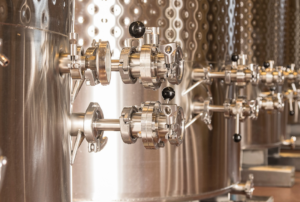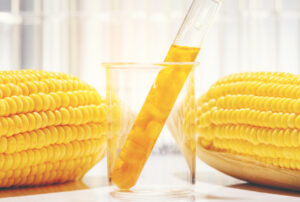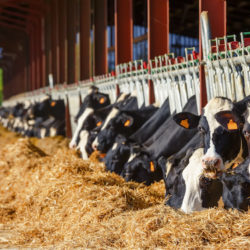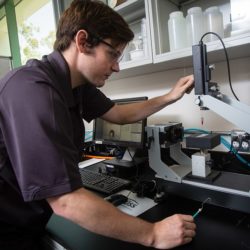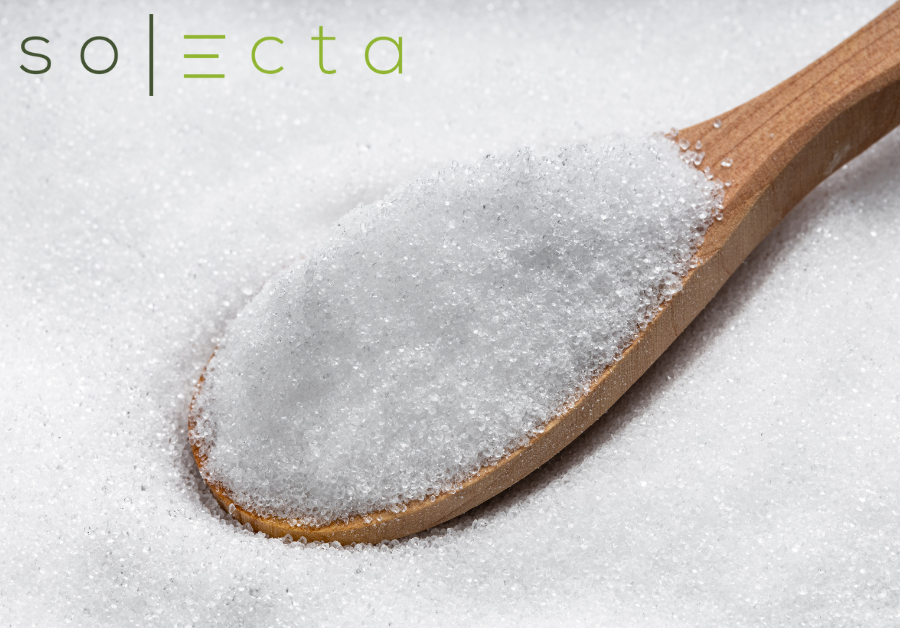
Transforming Organic Acid Production with Membrane Filtration
By Eloise Crosthwait and Ben Weaver
As more companies put sustainability at the forefront of their operations and move away from petroleum-based materials, fermentation has become a viable alternative approach. Organic Acid production from fermentation processes is one such example that holds immense value. Membrane filtration can offer an effective and efficient separation and purification methodology post fermentation and is an obvious answer to the environmentally conscious organization.
Precision Fermentation
Organic acids, such as lactic, citric, and acetic acids, have been traditionally made via synthetic chemical processes. However, precision fermentation offers a more sustainable method, using a renewable feed source versus the petroleum-based manufacturing process. It also enables organizations who have fermentation capabilities to expand their product portfolio.
Precision fermentation is an advanced biotechnological process that involves precise genetic modification to direct microorganisms, such as yeast, bacteria or fungi, to produce the target product with higher efficiency and consistency than traditional fermentation.
Purification of the product mixture post the fermentation step remains critical. Without sufficient purification, companies can find themselves stuck with a product grade or product mixture that while sellable, does not reach the purity targets necessary for the highest end-use applications. Membrane technology offers a methodology that can enhance product purity and overall profitability of your product.
Specifically with organic acids, membrane filtration has the potential to transform lower purity, commodity products into something more valuable. Because of the enhanced purification capabilities you get with membrane filtration; you can potentially achieve higher value food and pharmaceutical grade products.
Why Membrane Filtration Can Help
Based on a principle of size exclusion, membrane filtration can efficiently separate, clarify, and purify molecules tailored to your specific needs.
Using a combination of microfiltration (MF), ultrafiltration (UF) and nanofiltration (NF), you can achieve selective separation and ensure a more consistent product. Additionally, because of membrane filtrations’ scalability, it can be of use in small or large applications. Whatever your personal needs are, membrane filtration can tailor to them.
Microfiltration is used to clarify the solution and remove cell mass, suspended solids, bacteria, and larger macromolecules. This step is taken first to remove some of the larger molecules and clarify the solution so that it can be refined further in the process.
The ultrafiltration step which typically comes next is not used extensively in organic acid production. However, it can be used in other precision fermentation processes to concentrate the desired product or eliminate certain impurities from the stream.
To enhance the purity of the organic acid further, the next step in the process uses nanofiltration membrane technology to further refine the acid. In this step, NF is used to remove unwanted salts, separate organic molecules from the target organic acid and purify the organic acid to create the highest quality product. By ensuring the highest purity of the organic acid, it increases the ultimate sales value of the final product and may open up food and pharmaceutical end-use applications.
How Solecta Can Help
Choosing the best membrane solution can be challenging. Solecta can help select the proper separation strategy and membrane sequence to meet your unique needs to enhance your separation.
At Solecta, we use our applications expertise to help you optimize your separation process, optimize membrane performance, and reduce down-time due to cleaning. Thus, improving your total cost of operation as well as enhancing your purification and increasing your productivity.
As sustainability becomes an increasingly important value in almost every company, precision fermentation provides organic acid producers a way to optimize their processes, improve their yields, and reduce their environmental footprint. With membrane filtration you can achieve improved selectivity, increased productivity and enhanced purification to maximize the yield and profitability of your operation.
Related Resources in the Knowledge Hub
Let’s Keep in Touch
Follow Solecta on LinkedIn and join our mailing list to keep up with our latest news.
Explore the Possibilities
Our team of application engineers and domain experts understands your industry’s unique challenges. (They’re also eager to solve them.)

